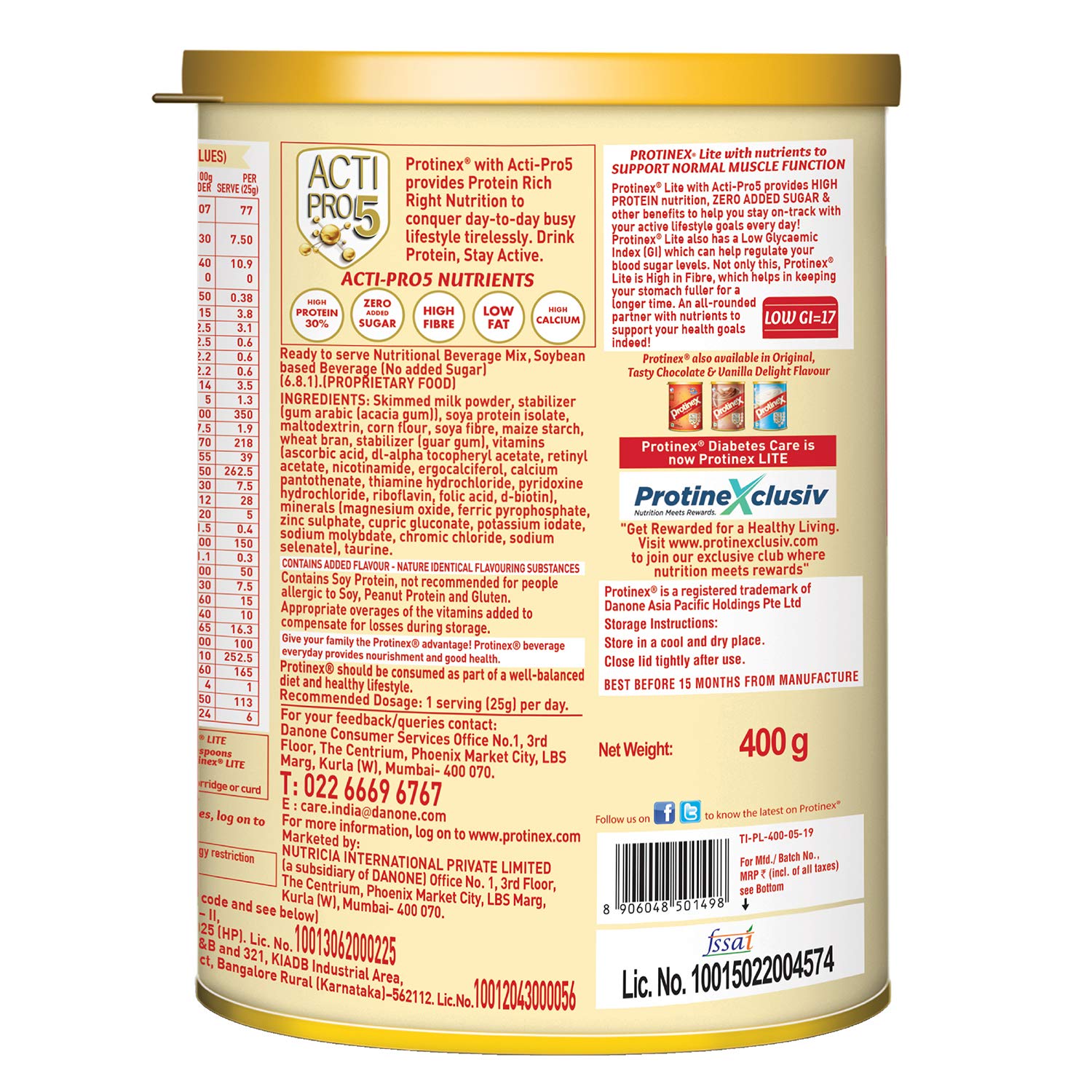Chromium
Micronutrient
Last update date: November 08, 2023
An essential trace mineral that can improve insulin sensitivity and enhance protein, carbohydrate, and lipid metabolism.
Frequently Asked Questions
1.
What is Chromium?
Chromium is an essential mineral that the body needs in trace amounts. It plays a crucial role in various metabolic processes. Chromium is naturally present in a wide variety of foods, although in small amounts. It can also be obtained through dietary supplements. One of the key functions of chromium is enhancing the action of insulin, a hormone that regulates blood sugar levels. Additionally, chromium is involved in the breakdown and absorption of carbohydrates, proteins, and fats. Adequate intake of chromium is important for overall health and well-being. Vitamin B3 (niacin) and vitamin C can aid in the absorption of chromium.
2.
What does chromium do to your body?
Chromium offers several potential positive impacts on your health: Managing Type 2 Diabetes: Chromium supplementation can help improve blood sugar control in individuals with type 2 diabetes. It enhances insulin sensitivity and facilitates efficient utilization of glucose in your body. Supporting Body Composition: When combined with regular exercise and a well-balanced diet, chromium supplements can aid in weight management and promote better body composition. Chromium may also assist in reducing body fat and increasing lean muscle mass.
3.
What is negative impact of Chromium?
Chromium supplements are widely used to achieve health goals. Some drawbacks of excessive chromium consumption are diarrhea, vertigo, hives and headaches.
4.
Who should not take chromium?
While chromium from food sources and dietary supplements is generally safe, certain individuals should exercise caution: Kidney Disease: People with kidney disease should be cautious about consuming high doses of chromium supplements. It is advisable to consult with a healthcare professional before considering chromium supplementation. Liver Disease: Individuals with liver disease should also use caution when taking high doses of chromium supplements. Consulting a healthcare professional is recommended to ensure the appropriateness and safety of chromium supplementation for their specific condition.
5.
What are common sources of Chromium?
Chromium is found in small amounts in various foods, including: Whole Grains: Foods such as whole wheat, barley, oats, and brown rice are good sources of chromium. High-Fiber Bran Cereals: Bran cereals made from grains like wheat, oats, or rice can provide a decent amount of chromium. Certain Vegetables: Broccoli, green beans, and potatoes are among the vegetables that contain chromium. Certain Fruits: Apples and bananas are examples of fruits that contain trace amounts of chromium. Meat: Beef is a source of chromium, and lean cuts are recommended for overall health. Poultry and Egg Yolks: Chicken, turkey, and egg yolks can contribute to chromium intake.
6.
Which are symtoms of Chromium deficiency?
Chromium deficiency is rare in the general population, as only trace amounts are needed for optimal health. However, certain factors can increase the risk of deficiency: Poorly Balanced Diets: Individuals with diets high in refined carbohydrates and sugars may be more susceptible to chromium deficiency. Type 2 Diabetes: People with type 2 diabetes may have increased chromium requirements due to impaired glucose metabolism and insulin resistance. To prevent chromium deficiency, it is recommended to consume a balanced diet that includes a variety of whole grains and fruits.
7.
Does chromium raise blood pressure?
No, chromium doesn't raise blood pressure nor it is effective in lowering blood pressure after consuming it from the mouth


























